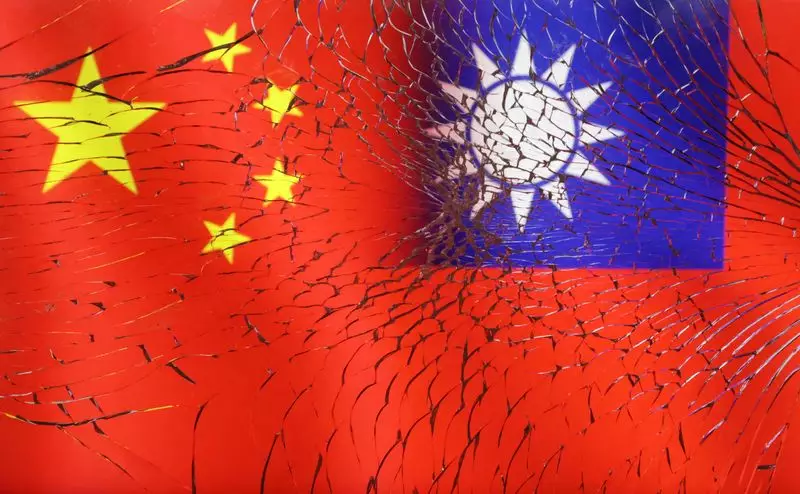The complex relationship between the United States and Taiwan is entrenched in historical and political nuances that date back decades. Despite the absence of formal diplomatic relations due to the One-China policy, the U.S. is legally obligated to assist Taiwan in its self-defense capabilities. This obligation often creates friction with China, which sees Taiwan as a part of its territory. The recent approval of a $2 billion arms sale by the U.S. not only highlights the ongoing military support to Taiwan but also serves to exacerbate tensions in a region already characterized by volatility.
In response to the U.S. decision, the Chinese government has expressed outrage, indicating that it will pursue “countermeasures” to safeguard its sovereignty and territorial integrity. This declaration is significant, as it underscores China’s commitment to its territorial claims. The foreign ministry’s statement condemning the arms sale suggests that Beijing perceives these actions as provocative and destabilizing, intensifying its military posturing in the region. Over recent years, China has bolstered its military presence near Taiwan, conducting numerous exercises to project power and counter what it regards as Western interference.
The Taiwan Strait remains one of the world’s most critical flashpoints, with strategic implications for global security and regional stability. Following the latest arms sale approval, China’s military drills serve as a reminder of the potential escalation risks in the area. The deployment of advanced air defense systems to Taiwan is particularly noteworthy, representing a technological leap intended to enhance the island’s defensive capabilities amid growing concerns of a potential Chinese invasion. Despite this preparation, Taiwanese officials understand the complexity of countering China’s military advantage.
Taiwan’s government has welcomed the U.S. arms package, framing it within the context of national duty and self-defense. In a statement, Taiwan’s foreign ministry emphasized that they have a responsibility to protect their homeland against any external threats. This position highlights Taiwan’s dedication to maintaining its autonomy and resisting pressure from Beijing, which claims sovereignty over the island. The continuity of U.S. military support influences Taiwan’s security policies and fortifies its resolve to stand firm against Chinese assertions.
As the dynamics between China, the United States, and Taiwan evolve, the implications of military support and counteractions will be profound. The U.S. arms sale to Taiwan poses a challenge not only to Sino-American relations but also to the broader security environment in the Asia-Pacific region. Heightened tensions may prompt an arms race and increased military activities, further complicating diplomatic efforts. This ongoing phenomenon underscores the importance of navigating geopolitical challenges with strategies that prioritize peace and stability while respecting the regions’ complex historical contexts.

